Almost every year, for the week of the Fourth of July, my family makes the twelve-hour drive from their homes in Michigan to what they call their “farm.” The land has been in my family since the 1854 treaty between the Ojibwe and the United States created the Bad River Tribe Reservation on Lake Superior. My family has papers “proving” their rights to land that borders Bear Creek, but according to the treaty the US government retains ultimate ownership over the land and has leased it to Native Americans and their heirs “forever.” As long as said heirs did not break any of the treaty’s stipulations.
I have an ambivalent relationship with the fact that I am part Native American. This ambivalence is in large part inherited, as my grandfather went through life largely denying that he was “an Indian.” Scarred by the inherited memories of forced removal and “education” inflicted on his mother and grandmother and by the discrimination that marked his life as a child in Michigan’s Upper Peninsula, he did not tell his children that they were part Native American. One year, his sister, who had been born on the reservation and was at the time residing there, told my mother and her siblings that they were Native American and had a proud ancestry stretching back centuries. My grandfather was livid, convinced that his children would be mercilessly harassed and made to feel less worthy once they returned to their home in Howell, Michigan. For decades, he refused to talk about his family’s history and how he navigated his life as a “half-Indian.” Growing up in Beirut, I knew my mother was part Chippewa, but this fact from her genealogy did not register with any more resonance than the fact that she was also part Swedish. The Indian statues, dolls, and beadwork that adorned my grandparents’ house in Michigan were as unremarked upon as the American flag hanging off the house’s facade and the never-ending assortment of Ronald Reagan (and, later, the George W. Bush) calendars that hung on the walls and the refrigerator.
As my grandfather aged, he surprised even himself with a desire to narrate his history as the life of a Native American. He would acknowledge that his life had been easier than some of his siblings because he could pass as white. He spoke of his mother and his grandmother, being called “red” at grade school, and his first feeling of complete acceptance while serving in the Army during World War Two. He allowed himself to be political about being Native American, in part driven by the need to have his children take over his cherished farm and the resistance that the US government puts up every time a new generation comes to “inherit” Native American land. His reversal came at a time when I was studying, and later, teaching the Native American genocide in courses on colonialism and law and power at Columbia University. I would visit my grandparents in Michigan and he would share with me with the Bad River newsletters he had picked up during his last trip to the farm. He would unfold centuries-old pieces of paper, allotments to my ancestors carrying the presidential seal and signatures of three different US Presidents. He showed me a series of maps of the reservation that showed its contraction over the nineteenth century as logging interests chipped away at the 1854 treaty. He was impressed by my knowledge of the Native American genocide, and by my desire to know, and ask, about his and my family. Towards the end of his life, he wanted all of his grandchildren to get their tribal membership card, but I was still ambivalent.
This ambivalence would sometimes manifest in anger, such as when I turned down a “minority” scholarship at Columbia University. At first, I was more amenable to receiving this scholarship as an Arab, owing to the general state of poverty experienced by graduate students. When the administration made it clear that they would only grant the scholarship based on my identification as a Native American, I balked. I was not born, raised, or educated in the United States, and I am in no way representative of the experiences of Native Americans. Due to continued practices of structural oppression and disenfranchisement on reservations, a minority of Native Americans attend four-year colleges. Even fewer attend elite higher education institutions such as Columbia University. In addition, it is a violence to consider indigenous peoples one minority among many in a multicultural state. Native Americans are not hyphenated Americans, they are not a particular or singular American cultural group. They did not arrive in ships or planes from other parts of the world. This world was not new to them. Instead, Native Americans are the remainders of nationalism’s ongoing holocaust.
Behind this anger, and perhaps in some ways fueling it, there is an inexplicable sense of guilt. Do I have a right to be angry? Who am I to feel self-righteous about this history? After all, I am the granddaughter of a man who purposely did not speak of his native ancestry to his children, seeking to protect them, and perhaps himself, from what had already hurt him. I am the daughter of one of those children that has not lived in the United States for almost thirty-two years. I grew up thinking about, and struggling against, settler colonialism in Palestine, not the United States. In fact, it was through Palestine that I came to rethink and question my mother’s family history. It was after working in refugee camps in Beirut that I began to question the use of the words “the farm” to connote land on a reservation. It was only after I understood that Israel is a settler colony that I came to see the United States as the same. Still, how could I claim this history as my own when I knew what the scars of dispossession and ethnic cleansing looked like? How could I feel the ongoing catastrophe that was (and is) the settling of the United States when I had not paid its price? I grew up in an upper middle class family in Beirut. I always said that if anything, I was an American Arab, or an Arab with an American background. Do I deserve to feel anything beyond intellectual outrage when I read about the massacres, displacements and exterminations of Native Americans, particularly if this reading is done in the pristine classrooms of an Ivy League institution named in honor of Christopher Columbus?
This year, for once in the United States and not in Lebanon during the month of July, I joined my family on their trip to the Bad River Reservation on Lake Superior. I was nervous as I watched the Upper Peninsula, with its beaches, rivers and towns named after Native American tribes and personalities, come and go from behind the windows of an air-conditioned car. There was water everywhere; water that I remember had surprised me as a child with its sweetness. I was raised on the Mediterranean, and at the time my seven year old self could not comprehend that a body of water could be so large, so overwhelming, and not be filled with salt. Opening my mouth, I had expected bitterness. I was wrong.
I had not been to the reservation since that year. In addition to watching my feet walk over sand through the cold beauty of Lake Superior’s water, I have exactly five memories from that trip. One: Being taken to a pow-wow that brought together Chippewa from several reservations in the US and Canada. I remember trying to mimic the movements I saw before a bonfire as my mother looked at me with equal measure amusement and disapproval. Two: My mother pointing out a picture of my grandfather’s ancestor, Chief Buffalo, at the Ojibwe museum. Three: My grandfather picking me up and lowering me onto a canoe with an older man who harvested wild rice onto a pile near my feet as we made our way down the Bad River. A leech fastened to my arm. Four: My grandmother taking me into her bedroom and showing me a nineteenth-century bible written in Ojibwe that had been in my grandfather’s family for generations. Five: My grandmother removing a tick from my leg and squeezing it dead between her fingers as I cried in a dance around her, my protector.
In the car, I told myself that this year I would apply for my tribal membership card in honor of my grandfather, who passed away two years ago. My mother is a member, as are most of my cousins. I contemplated visiting an elder in order to be “named” by the tribe as my cousins had done years ago. I knew that my grandfather had wanted me to become a member of the Bad River Tribe. I knew that towards the end of his life he bristled at his family’s understanding of the reservation as a vacation spot-an understanding that he himself had promoted for decades.

Land allotment, 1902. Image from author archives.
It was a somewhat typical Fourth of July vacation: five days of barbecues, fishing, swimming, football, mosquitos, bonfires and fireworks. Fireworks that were painted almost pornographically with the American flag, and exploded in the sky above Bear Creek. During those five days, I learned that my family, and others like it, are sometimes looked upon with suspicion by those that reside on the reservation year round. I learned that you can buy one dollar plastic bottles of mixed alcohol at the same store that you can buy “Bad River Reservation” sweatshirts made in Pakistan. I learned that you must carry a tribal membership card if you wish to visit Round Rock Beach, perhaps the most beautiful beach I have seen thus far. I was warned that because I did not yet have a card, “the Indians” might tell me to leave with less than kindness. On that beautiful beach I learned that I could be the object of distrust when I approached a child to help her skip a rock and her mother ran quickly towards her and pulled her away from my smile.
I learned that you have to order your family’s wild rice a year in advance so that the man with the canoe can factor you into that season’s harvest. I learned that the wild rice that is sold in expensive packaging in supermarkets across the United States is nothing but the rebranding of settler colonialism. In fact, hummus is to Palestine as wild rice is to Native America. As Israel continues to claim the Palestinian kitchen as its own, so does the United States with Native America: consuming corn, wild rice, quinoa, cranberry, cornbread and turkey with the confidence of a national cuisine. In the United States, settler colonialism has been so complete, and so successful, that the world has forgotten that South Africa, Australia and Israel are all reproductions, all approximations of the ongoing victory back home.
I learned that upon return from the reservation people will ask if you “have seen Indians, what did they look like, and how many,” as if you had been on a field trip or to a zoo.
On the drive back to Michigan, I tried to explain settler colonialism to my cousin’s sons. I attempted to put Patrick Wolfe’s lessons into language fit for a car trip and comprehendible to two hyperactive seven and thirteen year-old boys. I failed. I said many things which together gesture at what it means to live in a settler colony whose crimes have been normalized. Gesture towards, but cannot say. I do not have a vocabulary for this; there is no dictionary to help speak the languages of histories that are not History. There is no melody for this melancholy. Instead, I look for a way to describe all of this weight, all of this sadness, and find only a metaphor. A tautological comparison: hummus is to Palestine as wild rice is to Native America. But of course, this is insufficient. There is so much more I could try, and fail, to say.
Settler colonialism is criminalization: Drunks, drug addicts, and terrorists. It is the miscreant, the danger and the distrust in Lid, in Sabra, and on the Bad River Reservation. It is how these spaces open up to others where the good native and the good Palestinian reside. It is minority scholarships given to those who have maybe been once to a reservation, but have the requisite blood quota to allow a university to claim diversity points. It is referring to settler ancestors as “immigrants” without a second thought or any ill intention. It is the bliss of an untroubled mind.
Settler colonialism is an inherited silence where you know memories are supposed to be. It is knowing that these memories have been purposely excised due to pain and the hope for a better future, if only the next generation could just forget. It is a man aging into regret for having shut out his children and grandchildren from his life and the lives of his loved ones. It is his granddaughter wanting to go back in time to beat up whoever called him names in grade school. It is finding papers, land allotments and photos of relatives who “look Indian” that you have never seen because they were in a locked suitcase for decades. It is watching these photos, wondering about the names of these people and knowing that even if you knew the names you would not know how to pronounce them or understand what meaning they were supposed to impart. It is understanding that these family documents and photos could belong to a museum, and that they would tell the twinned story of genocide and nation building. It is thinking that your brother has the same shaped eyes as a great-great grandmother, and then admonishing yourself for seeing things that are not, and cannot be, there. It is waiting to feel something beyond anger and guilt, and feeling consumed by the weight of waiting.
Settler colonialism is uncertainty, looking for someone to share this uncertainty with and finding that the people around you are no longer interested in reflection and are perplexed that you have all of these questions. They are tired of all this past, all these half-truths and quarter memories. It is feeling denied, but not knowing what you were denied of and having no way of finding out. It is feeling guilty for having questions, wondering “Do I have the right to feel what I am feeling?” It is self-berating. estrangement, and the gulf that opens when a sign remains but the referent is lost. It is being haunted on a highway as the names of towns that carry the mark of vanquished peoples pass by too quickly to memorize or write down. It is the proliferation of division, between gringos, mixed bloods and Indians, and between Palestinian Israelis, Palestinians, Palestinian refugees and Palestinian citizens (and refugees) of first world countries. It is the seduction of passing as white, as straight, as not poor. It is a desire to be recognized as what others recognize as normal.
It is tourism in Jerusalem, yachts at the edge of Round Rock beach on Lake Superior, the confidence of national holidays being celebrated across a Native American reservation, where the fireworks are the best and most explosive that American money can buy. It is the old city of Haifa, preserved as if a museum installation, lit up at night to cast light on roads that map out the land in Hebrew letters. It is generations who have gone and taken their secrets with them.
It is intending to apply for tribal membership, and planning the day you will visit the tribal offices. It is turning away from the entrance in ambivalence, stretched thin between anger and guilt. It is feeling unworthy of this history, and of this ongoing struggle. It is feeling small, insignificant, and diluted.
Settler colonialism is being unable to fill in the blanks. It is the history of a family welded together by natives and settlers. It is the logic of superiority, of primacy, of genocide. It is the colonization of memory and of events that come to be known as “History.” It is visiting a reservation or a refugee camp and wondering how this could have been your life. It is being thankful that this is not your life, that this is only a visit or a passion, a choice to be here. It is realizing that this confidence in one’s place has been bought with the logic and practice of settler colonialism. It is wanting answers to inquiries you cannot yet, and probably will never, articulate. It is seeking epiphany through writing and finding only the proliferation of questions, of doubts, and of histories. Like these questions, and more than anything, settler colonialism is ongoing.

![[Ancestors. Image From Author Archive]](https://unsettlingamerica.files.wordpress.com/2012/07/screenshot2012-07-16at11-25-28am.png?w=500)



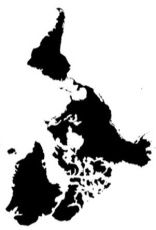

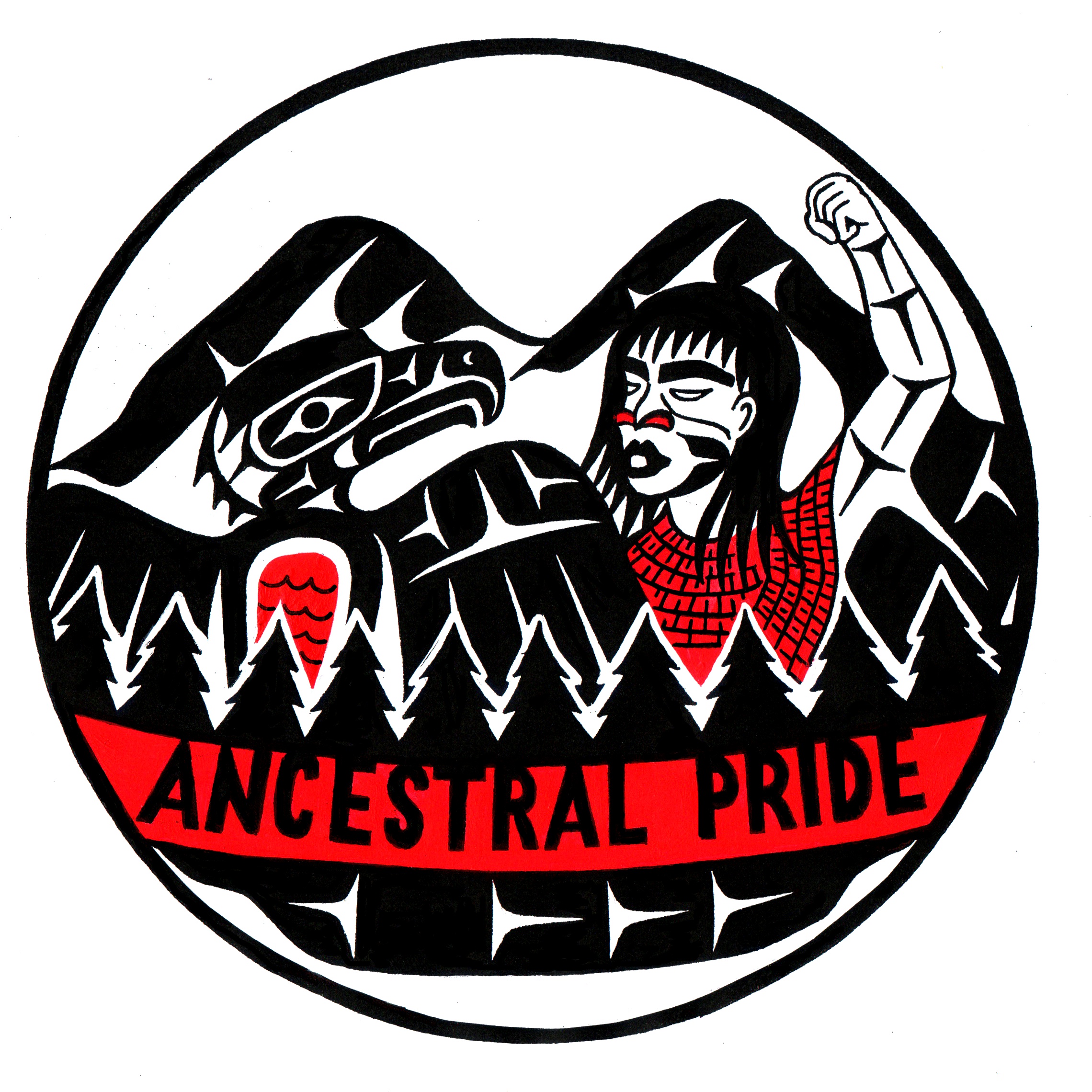

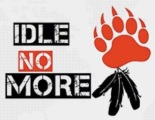



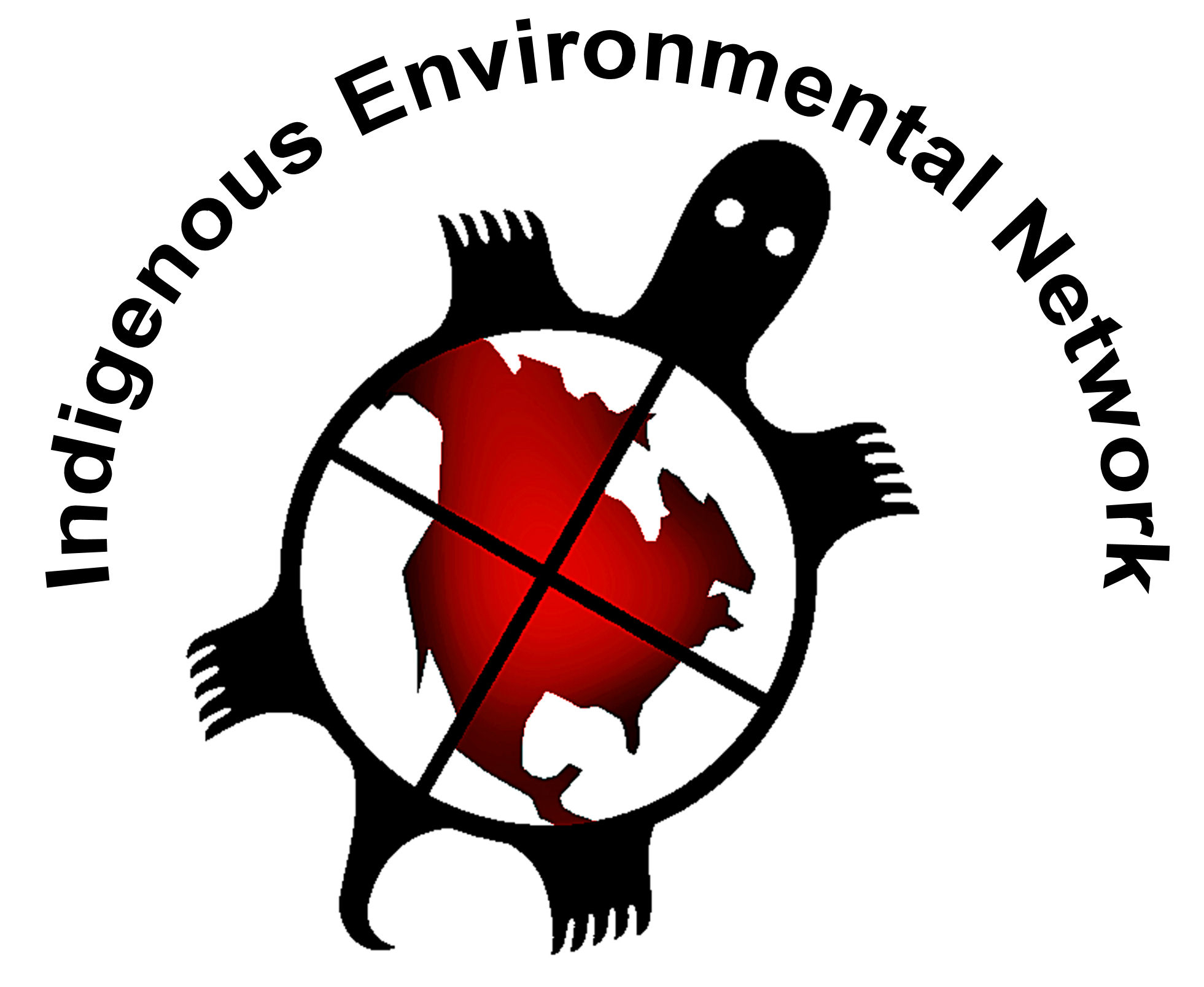


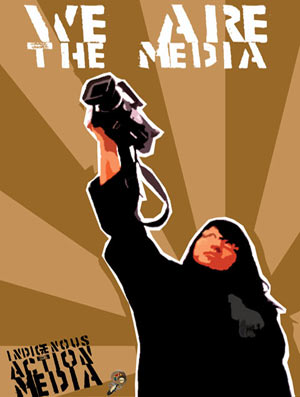





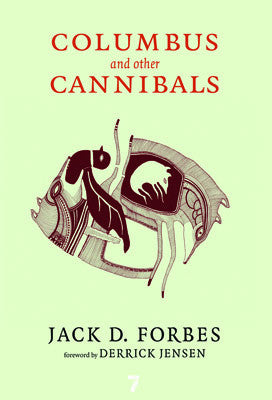
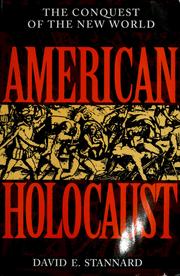






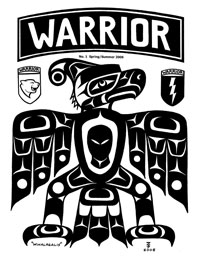


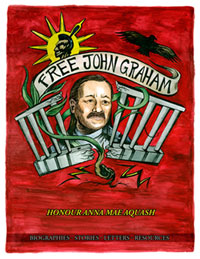



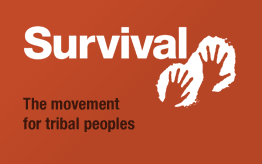


Thank you for putting this into words. Every word speaks to me, even though we come from very different backgrounds (which are somehow not all that different at all). My family drowned out our Russian, Polish, and Jewish heritage with alcoholism, abuse, and neglect (and our Danish heritage with more abuse, pedophilia, and violence). My heart aches for my 17 childless maternal relatives, and for my 10 nameless paternal cousins (of Danish heritage, born to 7 paternal relatives), with whom I have never shared a common language or country (we know they exist, but we do not know their names or when they were born, or if they have had children). All the culture and tradition I was left with was the brain-washing of the dominant white supremacist “norm”, all the while feeling like an alien and an impostor immersed within it (and alienated by it at the same time –without the words or reasons to express why).
My heart reaches out to you.